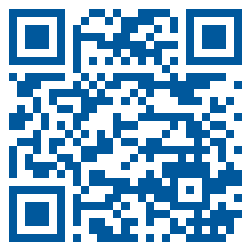
 Medical Laboratory Assistant- Point of Care in Salisbury inSalisbury
Medical Laboratory Assistant- Point of Care in Salisbury inSalisbury PUBLISHED WED 11 DEC 2024 Jump to job information section
Salisbury NHS Foundation Trust rOH9fB9A
Job description
The Laboratory Medicine department currently has a vacancy for a laboratory assistant. We are looking for a friendly and cheerful person, who is practical and has an interest in science. You will be based in Laboratory Medicine but the role involves visiting and supporting point of care services in clinical areas across the Trust.
The role is full time 37.5 hours per week , although part-time options would be considered.
The post-holder will be supported with the necessary training and will be required to maintain competency as required for the role. Previous medical laboratory experience would be desirable, but full training will be provided.
The successful candidate will be literate, numerate and have excellent keyboard skills.
Please see attached Job description and person specification for full details of roles and responsibilities.
About us
Please see attached Job description and person specification for full details of roles and responsibilities.
If you're interested in this role but you have questions or you're not yet ready to apply, then please book a quick call with us and we'd be happy to answer any questions you have and tell you more about the role.
Requirements
See the job description for full role requirements.
Benefits
Benefits are provided by the employer and will be confirmed during your application.
A quick tap lets us tune future job matches for you


Scan with your phone to return to this page later.